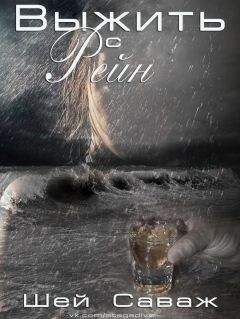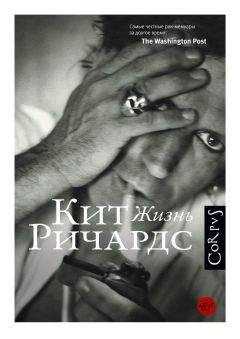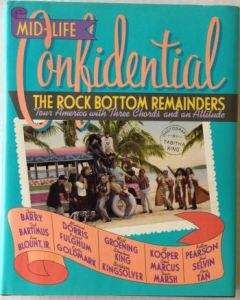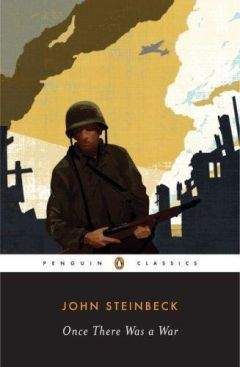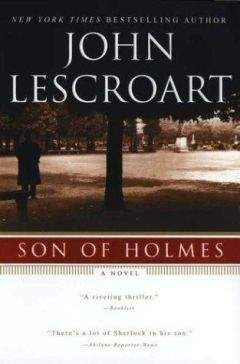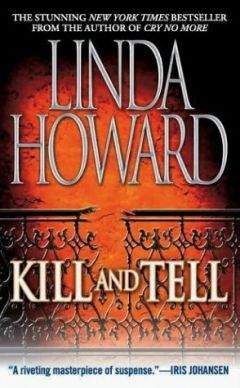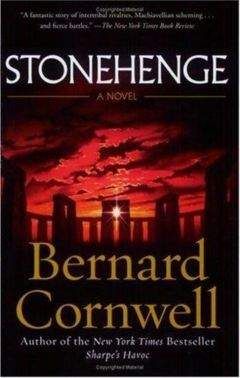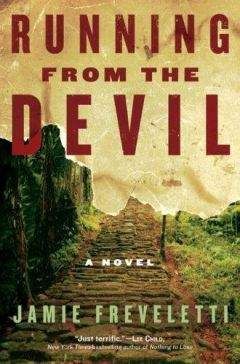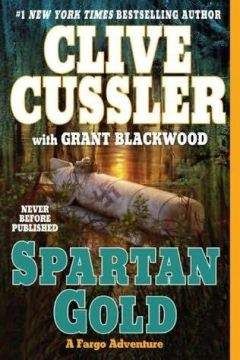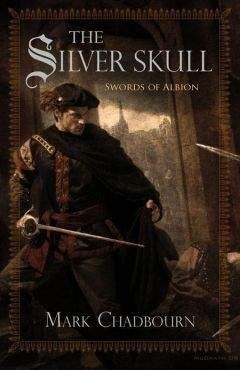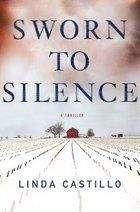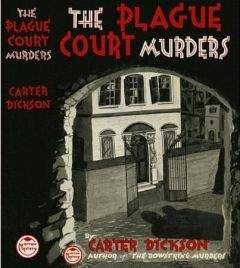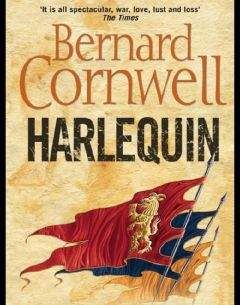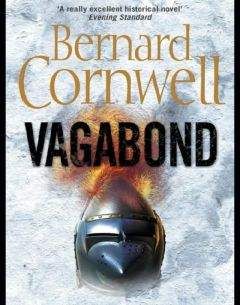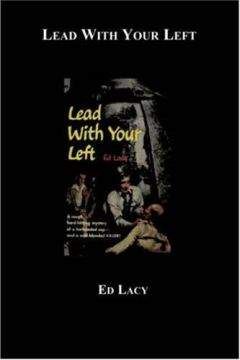Robert Low - The Whale Road
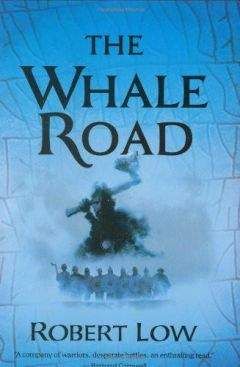
Все авторские права соблюдены. Напишите нам, если Вы не согласны.
Описание книги "The Whale Road"
Описание и краткое содержание "The Whale Road" читать бесплатно онлайн.
A band of brothers, committed only to each other, rides the waves, fighting for the highest bidder, treading the whale road in search of legendary relics.
Life is savage aboard a Viking raiding ship. When Orm Rurikson is plucked from the snows of Norway to brave the seas on the Fjord Elk, he becomes an unlikely member of the notorious crew. Although young, Orm must quickly become a warrior if he is to survive.
His fellow crew are the Oathsworn---named after the spoken bond that ties them in brotherhood. They fight hard, they drink hard, and they always defend their own.
But times are changing. Loyalty to the old Norse Gods is fading, and the followers of the mysterious "White Christ" are gaining power across Europe. Hired as relic hunters, the Oathsworn are sent in search of a sword believed to have killed the White Christ. Their quest will lead them onto the deep and treacherous waters of the whale road, toward the cursed treasure of Attila the Hun and to a challenge that presents the ultimate threat.
Robert Low has written a stunning epic, a remarkable debut novel. Not only a compelling narrative, The Whale Road also brings a new Viking landscape stretching from Scotland through the Baltic and on to Istanbul.
________________
"A company of warriors, desperate battles, an enthralling read."
---Bernard Cornwell
I did—with difficulty on that wet beach—and he built the fire up, then laid the remains of the hare on it.
The smell of singed fur and burning flesh drifted blackly down to the traders, some of whom crossed themselves hurriedly.
When it was done, Illugi Godi left it on the rock, picked up his own meagre belongings and both of us stumbled up the shingle to the coarse grass and on towards the dark huddle of Birka. On the Traders' Green, which sat opposite the tall, timbered stockade and the great double doors of the North Gate, was a sprawl of wattle-and-daub huts.
Two substantial buildings squatted there, too, made of age-blackened timbers caulked with clay. One was for the garrison that manned the Borg, the great fortress which towered over to our left, and the other was for those like us, visiting groups of armed men who had to be offered hospitality, without the good burghers of Birka having to invite them into their protected homes.
At the gates, two bored guards with round leather caps, shields and spears made sure no one entered the town with anything larger than an eating knife and, since no sensible man would simply leave his weapons with them and hope to get them back later, there was much cursing from those unused to the custom as they traipsed back to dwellings to secure them with people they knew.
Illugi Godi, busy pointing things out to me as we trudged towards the Guest Hall, stopped suddenly at the sight of one of the Oathsworn, walking up from the beach in a daze, as if frozen.
Puzzled at first, I suddenly saw his face as Illugi Godi took him by the shoulder and turned him to face us. Eyvind, his name was, a thin-faced, fey-eyed man from Hadaland in Norway. My father said he was touched, though he never said by what.
Something had touched him, for sure, and it made the hairs on my arms stand up; he was pale as a dead man, his dark hair making him look even more so and, above his beard, his eyes looked like the dark pits of a skull.
`What happened to you?' demanded Illugi as I looked around warily. The wind hissed, cold and fierce, the night came on with a rush and a last, despairing gasp of thin twilight and figures moved, almost shadows.
At the gate and up at the fortress, lamps were lit, little glowing yellow eyes that made the dark more dark still. Nothing was out of the ordinary.
Illugi asked again and the man blinked, as if water had been thrown in his face.
`Raven,' he said eventually, in a voice half wondering, half something else. Dull. Resigned. 'I saw a raven.'
À crow, perhaps,' Illugi offered. 'Or a trick of the twilight.'
Eyvind shook his head, then looked at Illugi as if seeing him clearly for the first time. He grabbed Illugi by the arms; his beard trembled. 'A raven. On the beach, a rock with the remains of a hare sacrifice on it.'
I heard Illugi's swift intake of breath and so did Eyvind. He was wild-eyed with fear.
`What was in your head?' demanded Illugi Godi. Eyvind shook his own, muttering. I caught the words
'raven' and 'doom' as they were whipped away by the wind. I shivered, for the sight of one of the All-Father's birds on a sacrifice offering was a sure sign that you would die.
Illugi seized the man in return and shook him. 'What was in your head?' he demanded in a fierce hiss.
Eyvind looked at him, his eyebrows closed into one, and he shook his head again, bewildered. 'Head?
What do you mean . . . ?'
`Were you remembering, or just thinking?'
`Thinking,' he answered.
Illugi grunted. 'What thought?'
Eyvind screwed up his face, then it smoothed and he looked at Illugi. 'I was looking at the town and thinking how easily it would burn.'
Illugi patted him on the shoulder, then indicated the pile of dropped gear. 'Get to the Guest Hall and don't worry. It was Odin's pet right enough—but not with a message for you. For me, Eyvind. For me.'
The eagerness in him was almost obscene to watch. 'Really? You say true?'
Illugi Godi nodded and the man scrabbled to collect his things, then stumbled off towards the butter-glow of the Hall.
Illugi leaned on his staff a moment, looking round. I was annoyed; Eyvind thought he had seen one of Odin's ravens, herald of death, and had then gone off, not the least bothered that the doom of it was claimed by another. I said as much and Illugi shrugged.
`Who knows? It could have been Thought . . . That raven is as deep and cunning as Loki,' he replied.
Then he looked at me, his fringe of grizzled, red-gold beard catching the lamp glow. 'On the other hand, it might have been Memory—Birka has burned before.'
`You think it a warning, then? Since it came to your sacrifice for the dead?' I asked, shivering slightly.
Òn yet the other hand,' Illugi Godi said wryly. Èyvind is Loki-touched. He loves fire, is mad for fire.
Twice before people have stopped him lighting one on the Fjord Elk. Oh, he always had good reason—hot food for us all, dry boots and socks—but he was also the one who wanted to torch all the buildings at St Otmund's chapel, after we knew the fyrd were roused.'
I remembered—so it had been him who had called for it.
`So he was mistaken?' I asked as Illugi hefted his belongings and, with no other word, led me to the Guest Hall.
I wanted to ask him what would happen when Eyvind told the others, but should have realised what Illugi already knew: that Eyvind would say nothing. He would now, as the fear and relief fell away, realise what a nithing he had become at that moment and would certainly tell no one how his bowels had turned to water.
The Guest Hall was spacious, clean and well equipped, with a good hearth pitfire and a lot of boxbeds—
not enough for us all, so it was a chance to see who was who in the Oathsworn.
Of course, I ended up on the floor near the draughty door, but that was no surprise. My father got a good boxbed, as did Einar and Skapti and others I had expected. To my surprise, Pinleg got one, too and, after a moment of raised hackles and growling, Gunnar Raudi forced Steinthor out of his. Chuckling, Ulf-Agar watched the archer slouch off, scowling.
`Watch your back, flame-head,' he advised. `You may be picking arrowheads out of it.'
`Watch your mouth, short-arse,' Gunnar growled back, 'or you will be picking my boot out of it.'
At which all those who heard it laughed, including Steinthor. Ulf-Agar bristled, thought better of it and subsided sullenly, for he had also heard of Gunnar Raudi.
I was surprised how many of these hard men had heard of Gunnar and the respect they held for him. I had always thought of Gunnar as someone who lived for free at Bjornshafen and never questioned the why of it.
Now, it seemed to me, Gunnar was known as a hard man himself, but was clearly not at ease with it. I wondered, then, why he didn't just leave, for it was also clear that he and Einar were wary as big-ruffed wolves round each other.
I had expected Birka to be much the same as Skirringsaal, but it was different. We had women, sent by the merchants who ran the town, but these were no bought thralls, to be up-ended and tupped without thought. They were respectable wives and mothers, in embroidered aprons, with proper linen head-coverings and a beltful of keys and scissors and ear-cleaners. They had their own thralls—some of them pretty enough—but not for the likes of us to grab at.
They had no fear and sharp tongues and the cold-eyed men of the Oathsworn meekly submitted to having hair and beards trimmed and fingernails cut, as if they were children.
So we had meals and minded our manners, after a fashion—Illugi Godi had to cuff a few heads into shamefaced apologies now and then and so respected was he that he could.
I wondered about Illugi. He was a godi, a priest, of course, but most priests were jarls, too. But in the Oathsworn, Einar clearly ruled. It was bewildering for me, this new life—and for others, too, forced to go into the town to get drunk at one of the ale houses set up for foreign travellers and try out the whores there, though they grumbled at having to spend silver on humping that they could never get back.
But even if someone could be persuaded to part with a girl, taking her back to the Guest Hall was a waste of time, since the disapproving eyes of the goodwives, who came and went as they chose, tended to have a shrinking effect. Things, it was generally agreed, were not changing for the better.
There was news, too, brought by traders in coloured cloth tunics and trousers, some dressed like Skapti, who told of those lost in the cataracts of the Rus rivers that year.
Like old Boslof, sucked under Holmfors, Island-force, which was an indignity to a man who had survived the insatiable, boulder-strewn torrents of the Drinker, the Courser, the notorious Wave-force and all the rest of the deadly rapids that marked the route to Konugard—Kiev, the Slavs called it. The last seven were so vicious that the Christ-worshippers called them the Deadly Sins after some tale in their holy sagas.
I also heard about Arnlaug, dead of the squits, despite offering up a good ram to the tree on Oak Island, which the Christ-men were calling St Gregor's Island, the first haven after the last of those seven rapids.
Having shat himself with fear going down all of them, it seems this Arnlaug couldn't stop and wasted away, so that he was a husk when they came to burn him.
Burn him they did. They had turned to the old ways in the east, ever since the Kura raid some twenty years before, when two hundred ships, they say, entered that river south of Baku and put the town of Berda to the flame and the blade, all the Mahomet-worshippers there.
In turn, the raiders were attacked by Mussulmen—and the same sort of squits that took Arnlaug—and had to retreat, whereupon those Aesir-cursed heathens had dug up the respectably buried and stripped them of the fine weapons and armour left in their boat-graves.
Now the traders burned their dead instead, as hot as they could make it, so that armour melted. As well, they broke the swords into three pieces, to be reforged across the rainbow bridge, but not in this life.
That, as one silver-bearded, garrulous old veteran of the rivers and rapids pointed out, was in Igor's time, who was seventy-five and his wife, the famous Olga, sixty when they gave the Rus their prince, Sviatoslav, whose wars on the Bulgars and Khazars now strangled the silver life out of Birka.
And everyone nodded and marvelled at the wyrd of it and shook their heads over the future.
They shook their heads, too, over the new trade agreements with Miklagard, the Navel of the World, which meant they could not purchase more than fifty gold pieces' worth of silk and had to have a stamp to prove it.
Nor could groups of more than fifty men, all unarmed, enter that city of New Rome, which they called Constantinople. Ridiculous, everyone agreed—even, admittedly, if fifty gold pieces' worth of silk made a fair number of trousers.
Except, noted Finn Horsehead, if they were for Skapti Halftroll. He'd be lucky to get a pair and a spare out of that much material. And everyone laughed, even the merchants, who grudgingly admitted they were given free equipment and a month's provisions for their return to Kiev, which they now had to do, by law of the Emperor, every autumn. Miklagard's finest did not want roistering Norsemen over-wintering in their nice city.
More to the point, as several men fresh from Denmark's trade port of Hedeby revealed, King Hakon was dead and gone and Harald Bluetooth was now indisputable ruler of both Norway and Denmark after a great battle at the island of Stord in the Hardangerfjord. There Hakon lost both his life and his throne to those who were once both his bitterest enemies and his closest kinsmen.
And Illugi Godi rapped his staff appreciatively on the hearthstones at the news that Hakon had been carried to Saeheim in North Hordaland and howed up there with Odin rites, so that the king who had followed Christ until his moment of death was now revered by the old gods, joining his eight brothers, the sons of Harald Fairhair, in Valholl.
Now the five sons of Eirik Bloodaxe and their mother, Gunnhild, fairly to be called Mother of Kings, were returned to Norway and the armies were broken up. Most, being farmers and good, steady men, had sensibly gone home. A few—too many for some—were now prowling, looking for fresh work or easy looting.
I listened and watched and learned at the feet of these, the wondrous far-travelled, watching their faces in the flickering red firelight. I saw who was for the White Christ and who was not, who was trading and who watched for a chance to raid.
Especially, I watched Einar listen and stroke his moustache and, when he paused, knew that bit of news was more important. Then he would resume stroking and I could see him turning it over in his head.
The tidings of new armed men was what clearly concerned him: competition in a world already crowded with it. The garrison of Birka was made up of rootless men looking for somewhere to put their boots, a wife, a hall, a hearthfire. Einar could see the value of a good sword-arm drop by the day.
Ìf he does not call me soon,' I heard him confide to Ketil Crow, 'I will have to get his attention.'
I knew at once the 'he' Einar spoke of: Brondolf Lambisson, the leader of the Birka merchants. Einar had sent the saint's box up to the Borg with Bagnose and Illugi the day after we'd arrived. They gave it personally to Martin the monk and had back assurances that Brondolf Lambisson would speak to them soon—and then, nothing.
I never found out what Einar had in mind to attract attention, because the next night one of the leather-clad garrison slouched into the Guest Hall and told Einar he was expected in the Borg.
So Einar called Illugi and, surprisingly, me, to go with him. As I collected my cloak, he took me by the arm and said, almost in my ear, his breath strong with herring, 'Not a word that you can read, let alone the Latin.'
For me, it was exhilarating to be out in the town, under the fitful stars and scudding clouds, following the flash and sway of the lantern as the garrison man led the way down the slippery planked walkways, me dodging rain barrels and trying to keep my feet.
I was delighted, amazed and repelled all at once—so much so that Illugi had to cuff my head once and mutter, 'If you swivel that neck any more, boy, your head will fall off. Watch your feet, or you will end in the muck.'
He paused as a drunk staggered up, tried to avoid the group of us, slipped and crashed off the walkway into the stinking mire on one side. 'Like him,' he added, scowling and vainly trying to wipe splashes off his tunic.
Behind us, the drunk spluttered and gurgled and got up blowing, then splashed back on to the planks and squelched unsteadily off.
I have seen the other towns since. Hedeby was bigger, Kiev was better and Miklagard, the Great City, could swallow them both and not notice. But Birka, in the first flush of unfolding spring, was like some wild and garish flower.
Every house had a light and noise from it: laughs, shouts, singing. All the treacherous walkways had people—so many people, in streets that stank of cooking and spilled ale and shite. They say, at that time, a thousand people lived in Birka. I had never seen a hundred people in one place at one time.
Подписывайтесь на наши страницы в социальных сетях.
Будьте в курсе последних книжных новинок, комментируйте, обсуждайте. Мы ждём Вас!
Похожие книги на "The Whale Road"
Книги похожие на "The Whale Road" читать онлайн или скачать бесплатно полные версии.
Мы рекомендуем Вам зарегистрироваться либо войти на сайт под своим именем.
Отзывы о "Robert Low - The Whale Road"
Отзывы читателей о книге "The Whale Road", комментарии и мнения людей о произведении.






